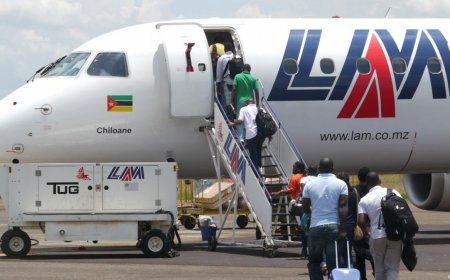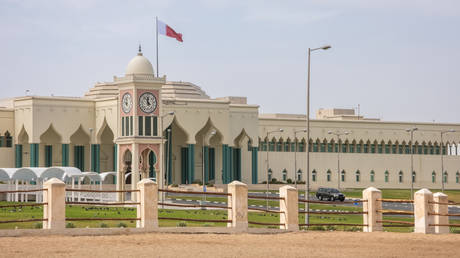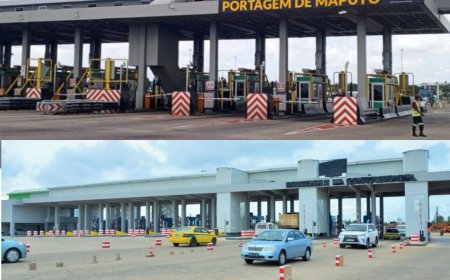Post-Election Crisis: Ismael Mussa Calls for End to Voter Registration and Introduction of Electronic Voting in Mozambique
Prominent Mozambican politician and academic Ismael Mussa has called for the urgent abolition of voter registration and the introduction of electronic voting to prevent electoral fraud and restore credibility to Mozambique’s election process. Mussa argues that the country’s voter registration system is fundamentally flawed, exclusionary, and serves as a breeding ground for political manipulation, fueling recurrent post-election crises.
In an interview with TORRE.News, Mussa described voter registration as a "cancer" in Mozambique’s electoral framework, accusing political parties of using it to manipulate provincial seat allocations in their favor. “An electoral process should not be dictated by the interests of individuals, groups, or parties, but by the law. I firmly believe that voter registration should be eliminated,” he stated.
He further criticized the system for disenfranchising a significant number of eligible voters. “This system determines how many parliamentary seats each province gets. For example, Gaza consistently has more MPs than Inhambane because the registration process artificially inflates voter numbers in Gaza while restricting them in Inhambane. That is not fair,” Mussa added.
Mussa emphasized that election rigging in Mozambique begins at the voter registration stage, not just during vote counting. As an alternative, he supports a proposal already before Parliament to introduce a universal identification card, known as the “citizen card.” This document would combine national identity, voter registration, and tax identification (NUIT) into a single system, eliminating the need for separate voter registration.
“We should have a single national identification card issued to all Mozambicans. This system is already in place in various countries, so we wouldn’t be reinventing the wheel. It would resolve the issue of eligible voters being excluded from elections simply because they did not register,” he explained.
On electronic voting, Mussa argues that it is the “only way forward” to ensure election credibility in Mozambique. He pointed to regional examples where electronic voting has been successfully implemented, significantly reducing fraud and post-election disputes.
His stance is backed by researcher Egídio Chaimite, who, based on field research, asserts that Mozambique’s electoral problems begin with voter registration. Reports from civil society organizations, both domestic and international, as well as rulings from the Constitutional Council, have consistently highlighted irregularities in the process.
Chaimite argues that voter registration often marginalizes opposition strongholds, with authorities deliberately making it harder for opposition supporters to register and vote. He describes this as a systemic strategy used by the ruling party to limit the opposition’s electoral success.
In Mozambique’s proportional representation system, voter registration determines the number of polling stations and, ultimately, parliamentary seat distribution. Given the existing flaws, the entire process is skewed from the outset, fueling post-election tensions and eroding trust in the country’s democratic institutions.





















